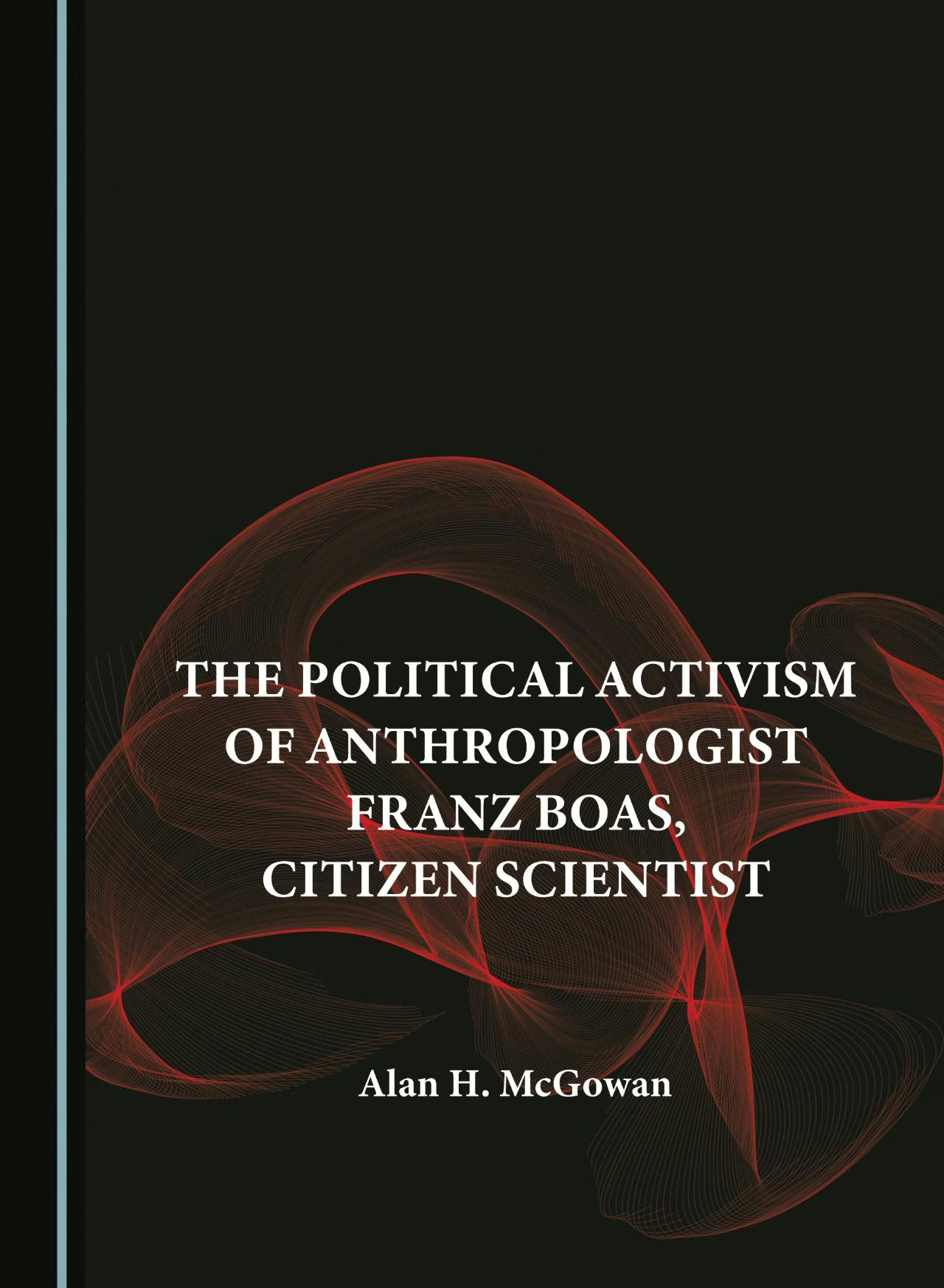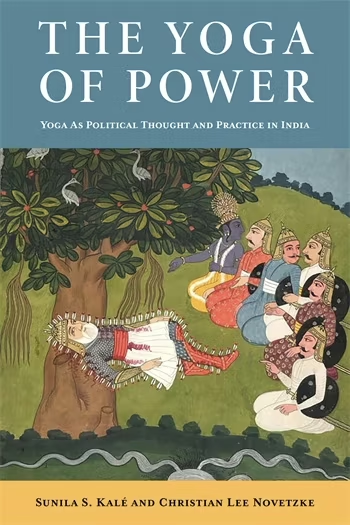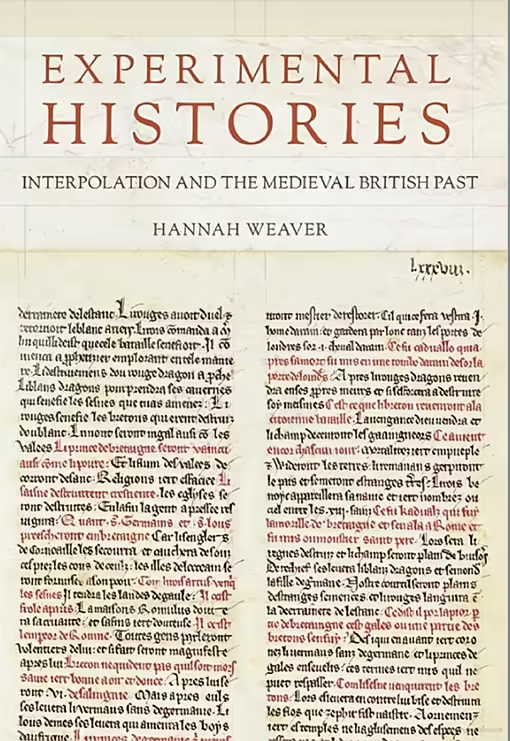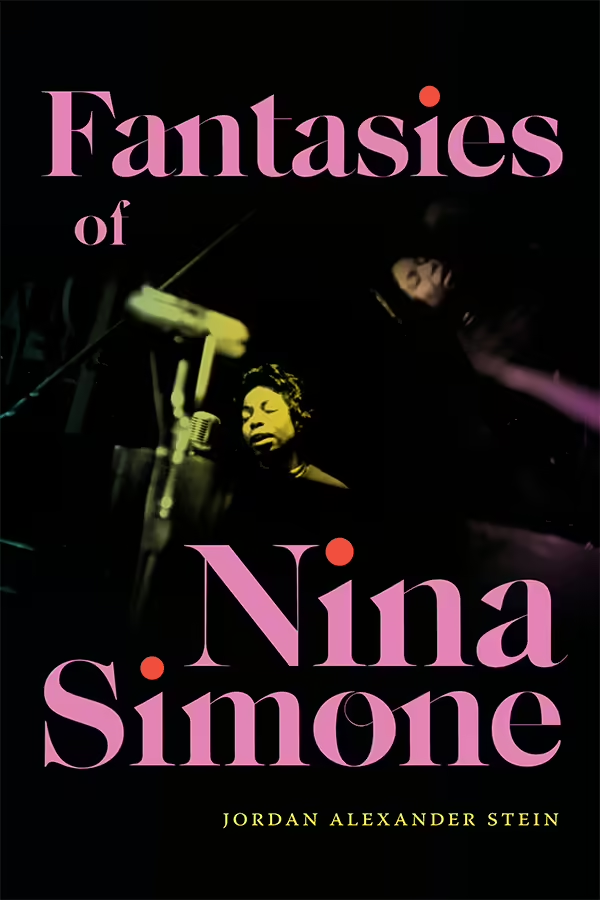Books
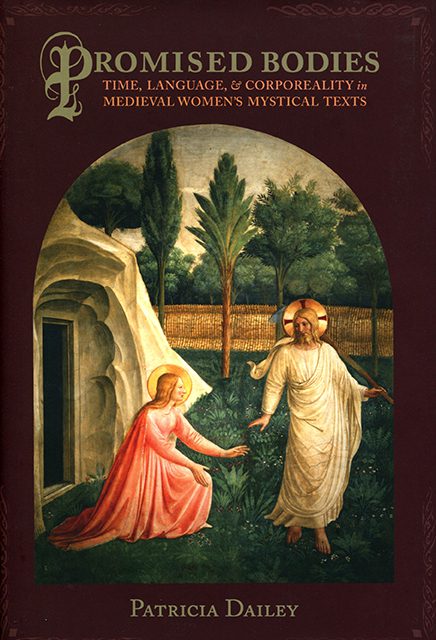
Promised Bodies
In the Christian tradition, especially in the works of Paul, Augustine, and the exegetes of the Middle Ages, the body is a twofold entity consisting of inner and outer persons that promises to find its true materiality in a time to come. A potentially transformative vehicle, it is a dynamic mirror that can reflect the work of the divine within and substantially alter its own materiality if receptive to divine grace.
The writings of Hadewijch of Brabant, a thirteenth-century beguine, engage with this tradition in sophisticated ways both singular to her mysticism and indicative of the theological milieu of the twelfth and thirteenth centuries. Crossing linguistic and historical boundaries, Patricia Dailey connects the embodied poetics of Hadewijch’s visions, writings, and letters to the work of Julian of Norwich, Hildegard of Bingen, Marguerite of Oingt, and other mystics and visionaries. She establishes new criteria to more consistently understand and assess the singularity of women’s mystical texts and, by underscoring the similarities between men’s and women’s writings of the time, collapses traditional conceptions of gender as they relate to differences in style, language, interpretative practices, forms of literacy, and uses of textuality.

